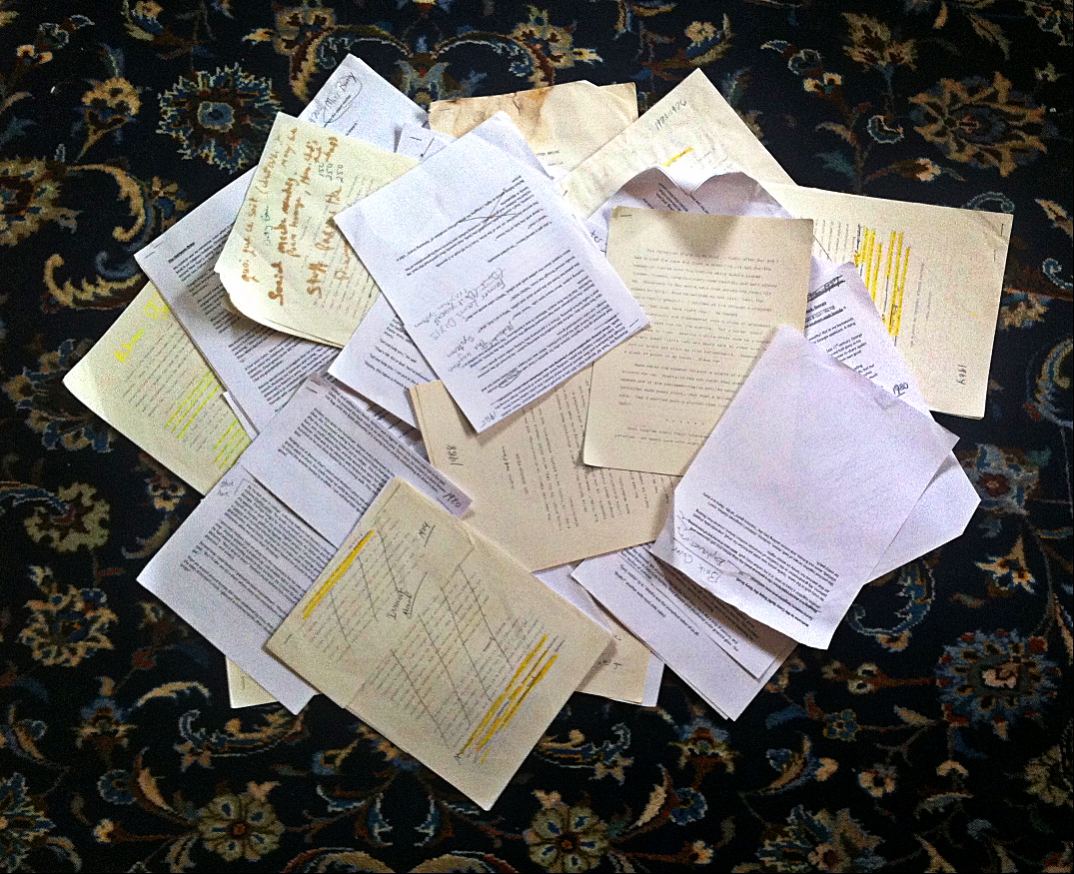
Since his death on May 12, William Zinsser dominates my thoughts. Reading his book On Writing Well transformed my writing in college. Later works continued to teach.
Zinsser dropped many great lines. This one rings true as I draft slice-of-life pieces: “be yourself, speak freely, and think small.”
It appeared in the essay “How to Write a Memoir” (The American Scholar, Spring 2006). Among the nuggets:
- “Writers are the custodians of memory. . . .”
- “When you write your own family history, don’t try to be a ‘writer.’”
- “The strongest memoirs are those that preserve the unity of a remembered time and place.”
- “. . . readers won’t connect with whining.”
- “Remember that you are the protagonist in your own memoir, and the tour guide.”
- “Go to your desk on Monday morning and write about some event that’s still vivid in your memory. . . . Keep this up for two months, or three months, or six months. . . . Then, one day, take all your memories out of their folder and spread them on the floor. . . . see what they tell you and what patterns emerge.”
In Writing about Your Life: A Journey into the Past (2004), Zinsser stated he did not find his voice until he wrote On Writing Well while in his fifties. This generous teacher and author remained current, embracing new forms. His popular blog, Zinsser on Friday, won a National Magazine Award in 2012—when he was 89.
To learn more about William Zinsser, visit his website. You’ll find him on saxophone, improvising with Arnold Roth on piano.




Leave a Reply